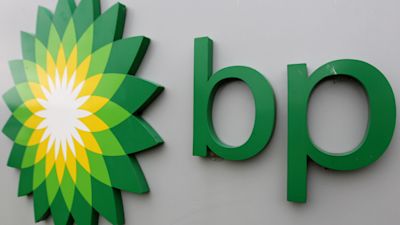Boss admits a windfall tax wouldn't deter BP from investing in the UK

ITV News Business Editor Joel Hills reports on the mounting calls for a windfall tax on energy companies to help with rising bills after energy giant BP's profits soar
The surge in the market price of energy has caused terrible hardship for many households, but it's a pretty good time to be extracting oil and gas.
BP has reported its highest quarterly profit for more than 10 years.
£4.9 billion for three months' work isn't too shabby.
Boris Johnson continues to oppose a one-off windfall tax on oil and gas producers, arguing it would discourage investment - the very thing he wants to see much more of during an energy crisis that is about affordability but also being less dependent on Russia as an energy supplier.
Joel Hills explains why it is still a good time to be in the oil and gas industry
BP today said it plans to spend £18 billion on the UK's energy system over the next eight years.
On North Sea oil and gas, on wind farms, on carbon capture and storage, and on electric car charging points. All vital if we are going to make the leap to net-zero.
But when asked by the Times how much of this investment BP would ditch if it had to pay a windfall tax in the UK, the chief executive replied: "There are none that we wouldn't do".
Bernard Looney has an admirable reputation for straight-talking. Last November, he described BP as a "cash machine" because it was making so much money.
Since then, Russia has invaded Ukraine, and the market price of a barrel of oil has jumped from $80 to more than $100.
The war has also hit BP, though. Today, the company wrote down the value of Rosneft and its other business in Russia by £20 billion to absolute zero.
It's still boom-time for the company, though, and the longer the war goes on, the more elevated energy prices remain, the stronger the case for a windfall tax becomes.